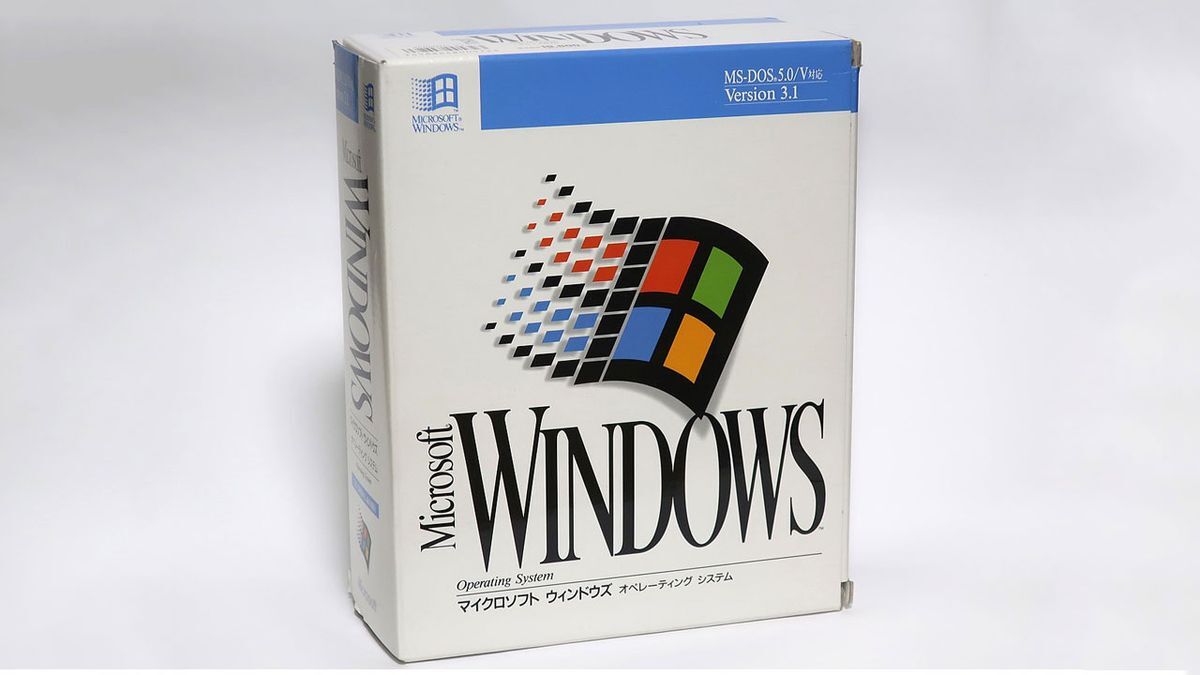Southwest Airlines, the fourth largest airline in the US, is seemingly unaffected by the problematic CrowdStrike update that caused millions of computers to BSoD (Blue Screen of Death) because it used Windows 3.1. The CrowdStrike issue disrupted operations globally after a faulty update caused newer computers to freeze and stop working, with many prominent institutions, including airports and almost all US airlines, including United, Delta, and American Airlines, needing to stop flights.
Windows 3.1, launched in 1992, is likely not getting any updates. So, when CrowdStrike pushed the faulty update to all its customers, Southwest wasn’t affected (because it didn’t receive an update to begin with).
The airlines affected by the CrowdStrike update had to ground their fleets because many of their background systems refused to operate. These systems could include pilot and fleet scheduling, maintenance records, ticketing, etc. Thankfully, the lousy update did not affect aircraft systems, ensuring that everything airborne remained safe and were always in control of their pilots.



Maybe that was a joke, but if anything that would reduce their security. Windows 3.1 and 95 are old enough that they can’t even run most stuff from the last two and a half decades, which probably protects them. XP is just new enough, and plenty old enough, to be very risky.
Reminds me of an episode of Ghost in the Shell where a hacker in a hyper-advanced cyberised society was using floppy disks as a storage medium because they were so slow.
One of the background details I liked in Ghost in the Shell was how the high-end data analysts and programmers employed by the government did their work using cybernetic hands whose fingers could separate into dozens of smaller fingers to let them operate keyboards extremely quickly. They didn’t use direct cybernetic links because that was a security vulnerability for their brains.
They’re also so old they were compiled without any modern instrumentation, e.g. stack canaries.